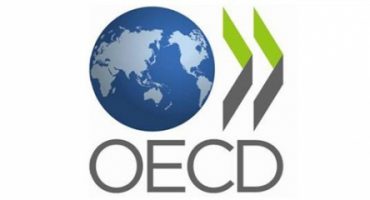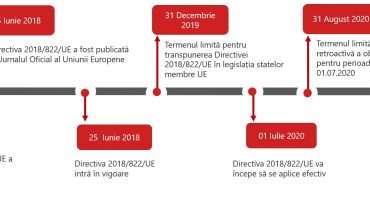Article also available in / Articol disponibil și în limba: Română (Romanian)
10 rules for selection of the right transfer pricing consultant
article published on 17 April 2017
The adage that valuation is more of an art than a science is also applicable to transfer pricing. Tax authorities are challenging companies’ transfer pricing mechanisms at an increasing rate in hope of increasing tax revenue. Interpreting transfer pricing regulations is highly subjective and thus tax authorities are always going to be able to find areas to challenge taxpayers.
Companies are aware of this trend and are attempting to mitigate audit risk by spending more time and money in the early transfer pricing planning stages and the preparation of defensive documentation.
One of the main challenges faced by companies is finding appropriate consultants to leverage on their knowledge and experience to minimize the transfer pricing risks. Therefore, we list below a few simple rules to follow to end up with an adequate consultant:
1. Don’t accept offers that look too good to be true
They aren’t. It is a rule that you should follow in everything you purchase not just in this case.
2. Submit a complete and accurate list of transactions and amounts from the proposal phase
Don’t accept an estimate offer based on transactions in previous years – almost all the times there will be new transactions from year to year that might lead you into paying double the initial price if not careful.
3. Try to ask the consultant describe you the process of preparation of the transfer pricing file
If it is not describing the reviewing process ask him to describe this process also – everyone makes mistakes but a four eyes reviewing process will eliminate almost any mistake that could appear in the final deliverable. It is important that every number, every word and every logic from the final deliverable is for real double checked – in order to do this, the final reviewer must spend a significant number of hours only for rereading, making connections and making final adjustments to the transfer pricing file.
4. Request a list with the reference projects of the transfer pricing consultant
Try to find within this list at least two companies where you know someone, call these companies and ask them whether they have good words about the consultant or not. If you don’t know any of the companies listed by the consultant just randomly pick three companies and ask the consultant the contact details of those companies – it is a weird process but is of vital importance if you don’t want to end up working with some inadequate consultant.
5. Don’t expect the consultant will be able to solve the past transfer pricing issues
No one can!
Good transfer pricing consultants have vast knowledge on vast areas of accounting, audit, law, taxation, statistics and more but top transfer pricing consultants need to be especially empathetic and very good strategists.
6. Don’t negotiate the price
If you negotiate the fee keeping the same scope of work, expect that the consultant will cut corners in doing your project.
When a consultant submits an offer he has the clear objective of winning your project and when he builds his quotation he does so by thinking on his cost structure.
When you negotiate the price, you apply pressure on costs and therefore on the people doing the project.
In the end, this pressure might lead into having a deliverable that will allow tax auditors to easily make transfer pricing adjustments which in certain situations can be as high as 10% of the total turnover or more. In the end, we’re definitely not saying to not communicate with the advisor and let him know you have limited budget because if you work with him you can find workarounds even for this limited budget.
7. Do not choose the brand, the company or the partner in charge
Ask to meet the manager of the project before accepting the proposal and choose the manager of your project that will effectively dedicate more than 40% from total time spent on the project and request to have included in your services contract that you have to be reimbursed the fees paid if this manager won’t manage your project.
Agree, that going with a brand or a company dramatically increases the chances of working with the right consultant almost effortlessly, but do you really want to play on the roulette of fortune with this one, or you want to be 100% positive of the final results.
8. Request for the resume of the project manager
And specifically request to know the number of years / hours of experience specifically in transfer pricing projects – you really don’t want to ran into a consultant that lacks transfer pricing experience as transfer pricing is an art that requires a lot of imagination, knowledge and experience both in similar projects and with tax authorities.
9. Request for an all inclusive fee (no out of pocket such as travel, courier or other „unexpected” expenses)
The transfer pricing consultant knows from the proposal phase that it will have to travel in 90% of the cases one time at client premises and that he will have to send the courier several times.
10. Do not assume that your consultant will be lobbying for you in front of the Romanian Tax Authorities
He won’t risk his reputation in doing that especially if working for an international brand. It’s better to have a top notch quality deliverable than relying on lobby.
In the end, our advice is to follow your guts when choosing a transfer pricing consultant but only after meeting in person with the person that will actually handle your project. If you are not convinced on the qualities of a consultant from the first meeting, ask for a second meeting or try to ask for a third party that knows that consultant and maybe worked with him.
















